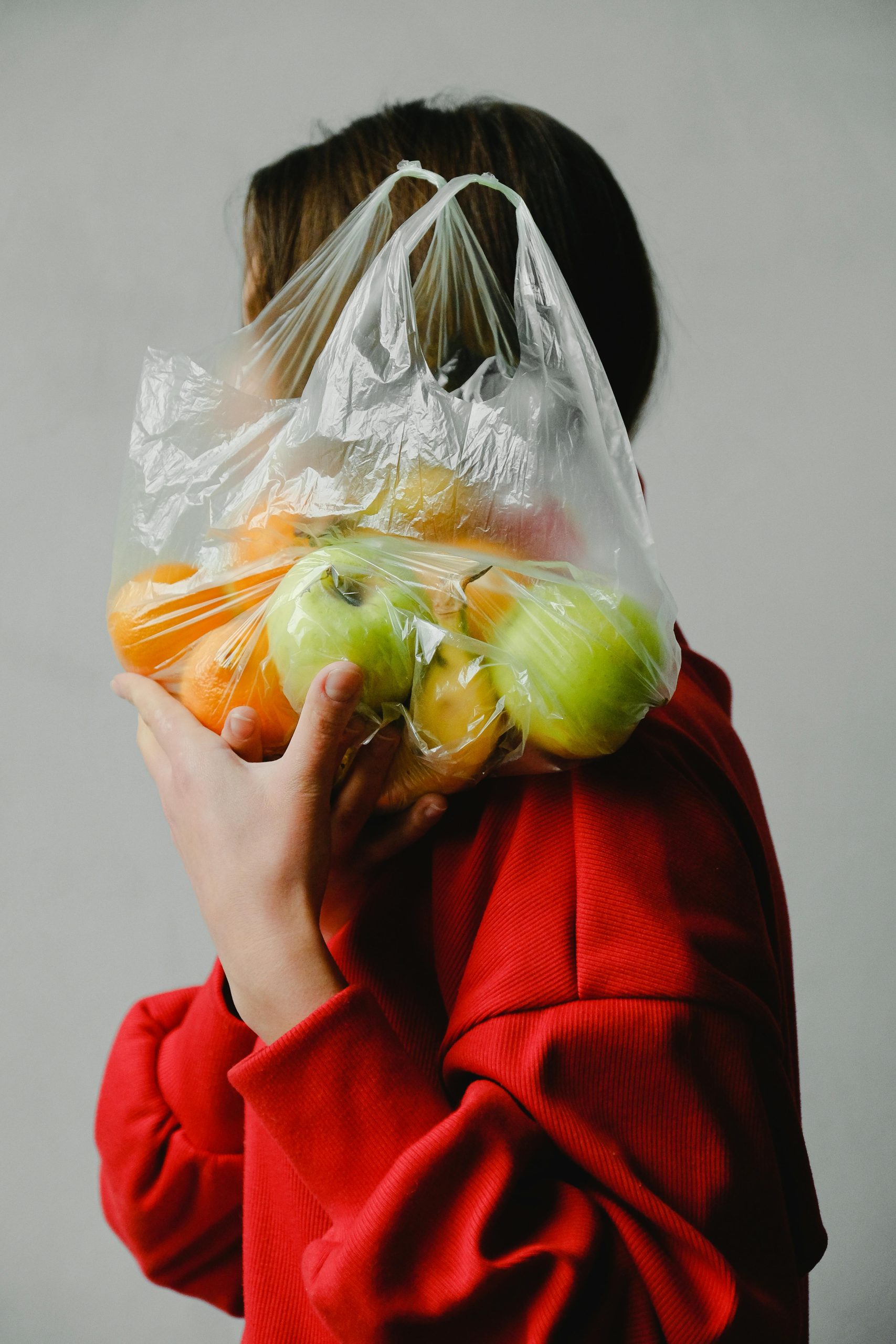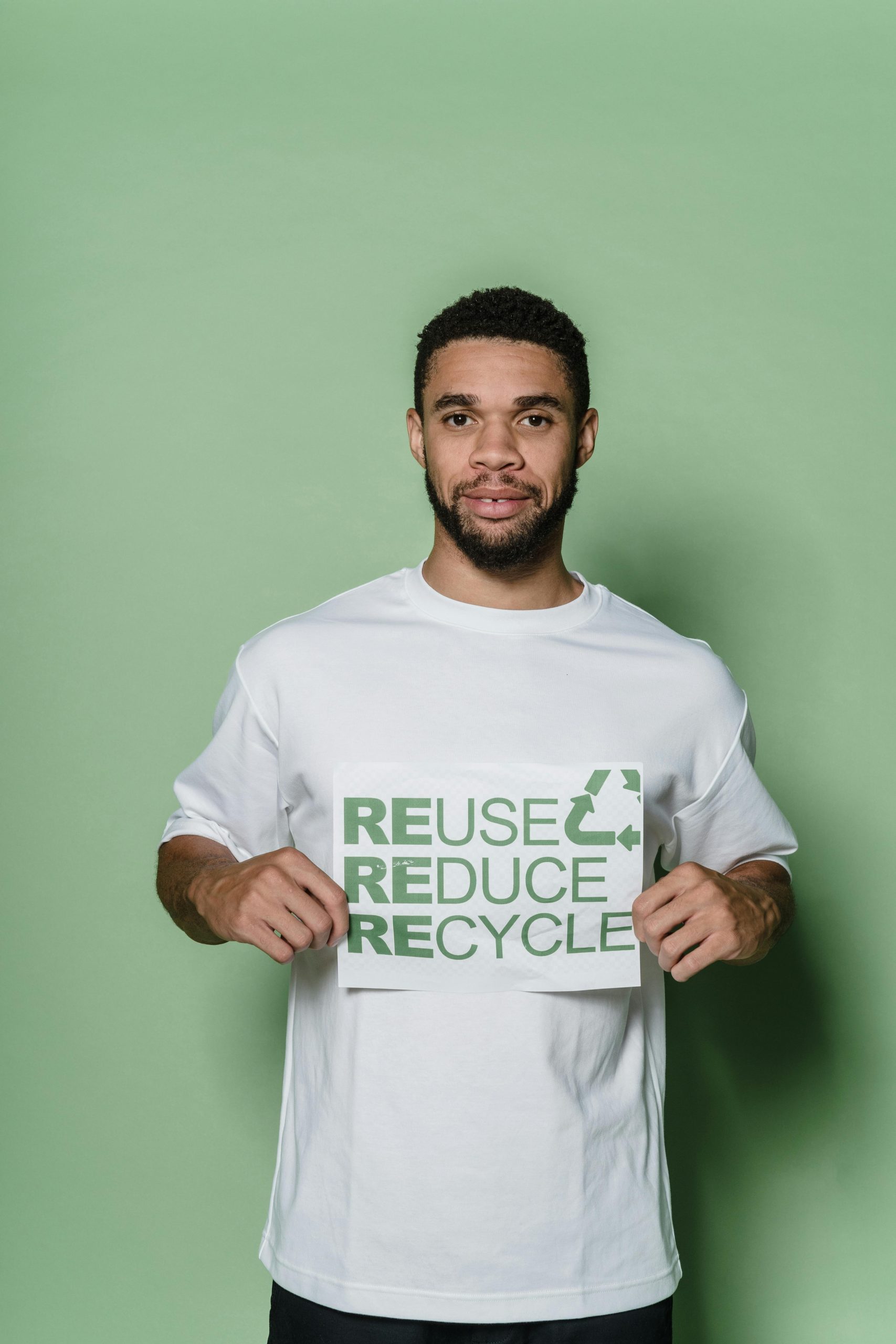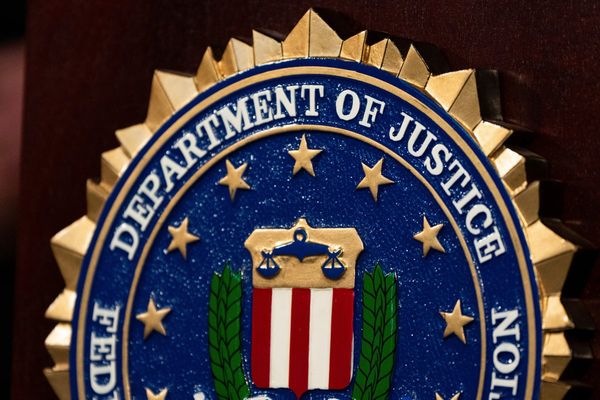During the early stages of the pandemic, many states and cities that had banned single-use plastic bags temporarily paused or reversed those laws. This was done out of an abundance of caution and in response to concerns about the cleanliness of reusable bags. However, as the public health situation has stabilized, the environmental concerns about plastic waste have returned to the forefront. This has led many of these same states to reinstate their plastic bag bans and fees in 2024 and 2025.

A Renewed Focus on the Environment
The primary reason for the return of these laws is a renewed focus on the long-term environmental damage caused by single-use plastics. Plastic bags are a major source of litter in our communities, and they pollute our rivers, lakes, and oceans. As the immediate crisis of the pandemic has faded, state and local governments are once again turning their attention to this persistent environmental problem.
The End of Pandemic-Era Exceptions
The initial suspension of the bag bans was always intended to be a temporary public health measure. At the time, there was a great deal of uncertainty about how the virus was transmitted. Now, the scientific consensus is that the risk of transmission from a reusable bag is extremely low. As a result, there is no longer a public health justification for the pandemic-era exceptions.
The Goal of Litter Reduction and Waterway Protection
States with extensive coastlines or major river systems are especially motivated to reinstate their bag bans. Plastic bags are a major threat to marine wildlife, which can mistake them for food or become entangled in them. By reducing the number of plastic bags in circulation, states like New Jersey and Oregon hope to protect their valuable natural resources and keep their waterways clean.
Generating Revenue for Green Initiatives

In many states, the law does not just ban free plastic bags; it requires stores to charge a small fee for paper or reusable bags. The revenue generated from this fee is for the state or local environmental fund. This money can then be used to pay for litter cleanup programs, recycling education, or other green initiatives. This creates a self-sustaining funding mechanism for environmental protection.
A Return to a New Normal
The reinstatement of plastic bag fees and bans is a sign that we are moving into a new, post-pandemic normal. It reflects a broad consensus that the long-term health of our environment is a critical priority. While the small fee for a paper bag can be a minor inconvenience, it is a simple but effective tool for changing consumer behavior. It encourages all of us to embrace the more sustainable habit of bringing our own reusable bags when we shop.
Have you noticed the return of plastic bag fees in your state? How has it affected your shopping habits? Let us know your thoughts on these laws!
What to Read Next
- 8 Supermarkets Criticized for Excessive Use of Plastic Packaging
- 5 Foods That Go Bad Faster in Plastic Than Glass
- Top 5 Reusable Grocery Bags to Save Money and the Planet
- 10 Items Still Taxed as “Luxury” in Grocery Stores Across the U.S.
- How To Get Free Tote Bags
The post What’s With the Return of Plastic Bag Fees in Some States? appeared first on Grocery Coupon Guide.







